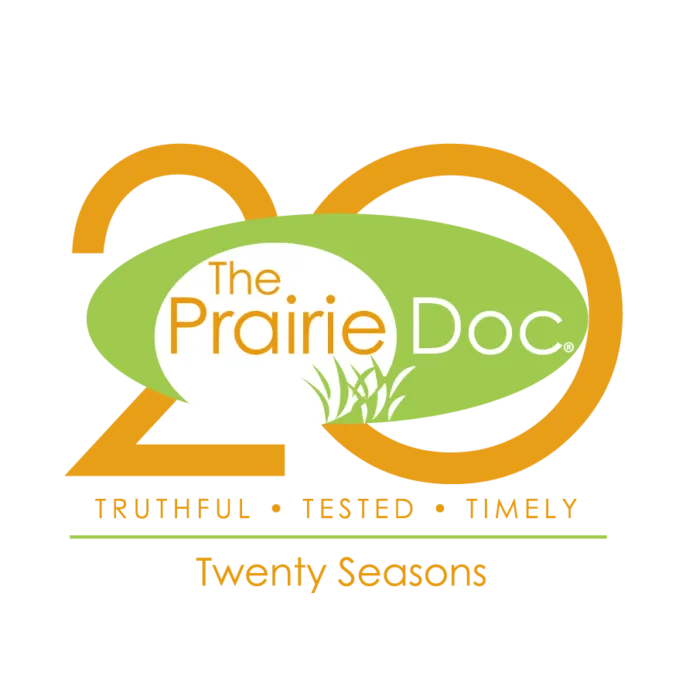In a single word, yes. Our first teeth are important in so many ways. They require just as much attention and love as our permanent teeth. Not to mention that beginning with good habits is the best way for anyone to maintain those healthy habits.
As parents, we know kids don’t come with an owner’s manual and that includes their teeth. One of the best ways to get the answers to all of your pediatric dental questions is to bring your little one to the dentist by age one, or 6 months after they get their first tooth. A first dental visit is often more about answering caregiver questions than examining any teeth. Some common questions may be: when do children get teeth, when do they loose them, do I need to brush them, what kind of brush or toothpaste is best?
A child’s first tooth generally erupts into the mouth between 4 and 18 months, and should be brushed from the day they come in. It can also help with teething if you brush the gums before the tooth erupts. The type of toothbrush and toothpaste can be best determined by your dentist but, in general, a small soft bristle toothbrush with a rice size spot of fluoride toothpaste is a great start. Starting the twice-a-day brushing habit is always good too.
Our first set of teeth are meant to be in our mouths for between 4-10 years. Doesn’t seem like too long to maintain, but they are designed with less protection during some of the hardest years to keep clean (childhood!). They have less enamel thickness and larger nerve spaces than our permanent teeth. For this reason cavities can form quickly and become problems much faster. From the moment that a tooth erupts into the mouth it is exposed to acid, sugar and bacteria. As a baby this is either in the form of breastmilk or formula and then baby food. As our children get older it’s common to add juice, fruits, soda and candy to the list. We cannot completely remove food from our diet, but reducing the amount of time our children’s teeth are exposed can reduce the likelihood for dental treatment, especially during their primary dentition.
If a cavity does form in a primary tooth, it is important to detect and treat, if necessary, to try and maintain the tooth. Small cavities can often be treated prophylactically, but once the cavity breaks through the enamel more involved treatment will need to occur in order to avoid nerve involvement and pain. Our primary teeth are required for the most predictable long-term maintenance of our permanent teeth – meaning, without our primary teeth it becomes difficult to maintain proper spacing and a guide path for the permanent tooth to follow.
Teeth matter at all ages, it is never too late to help your children build a healthy relationship with their teeth.
Dr. Brock Tidstrom is a dentist in Brookings, SD and owns and practices at Prairie Sky Dentistry. For more information about Dr. Tidstrom head to www.prairieskydentistry.com. Follow The Prairie Doc® at www.prairiedoc.org and on Facebook featuring On Call with the Prairie Doc® a medical Q&A show based on science, built on trust for 21 seasons, streaming live on Facebook most Thursdays at 7 p.m. central.




